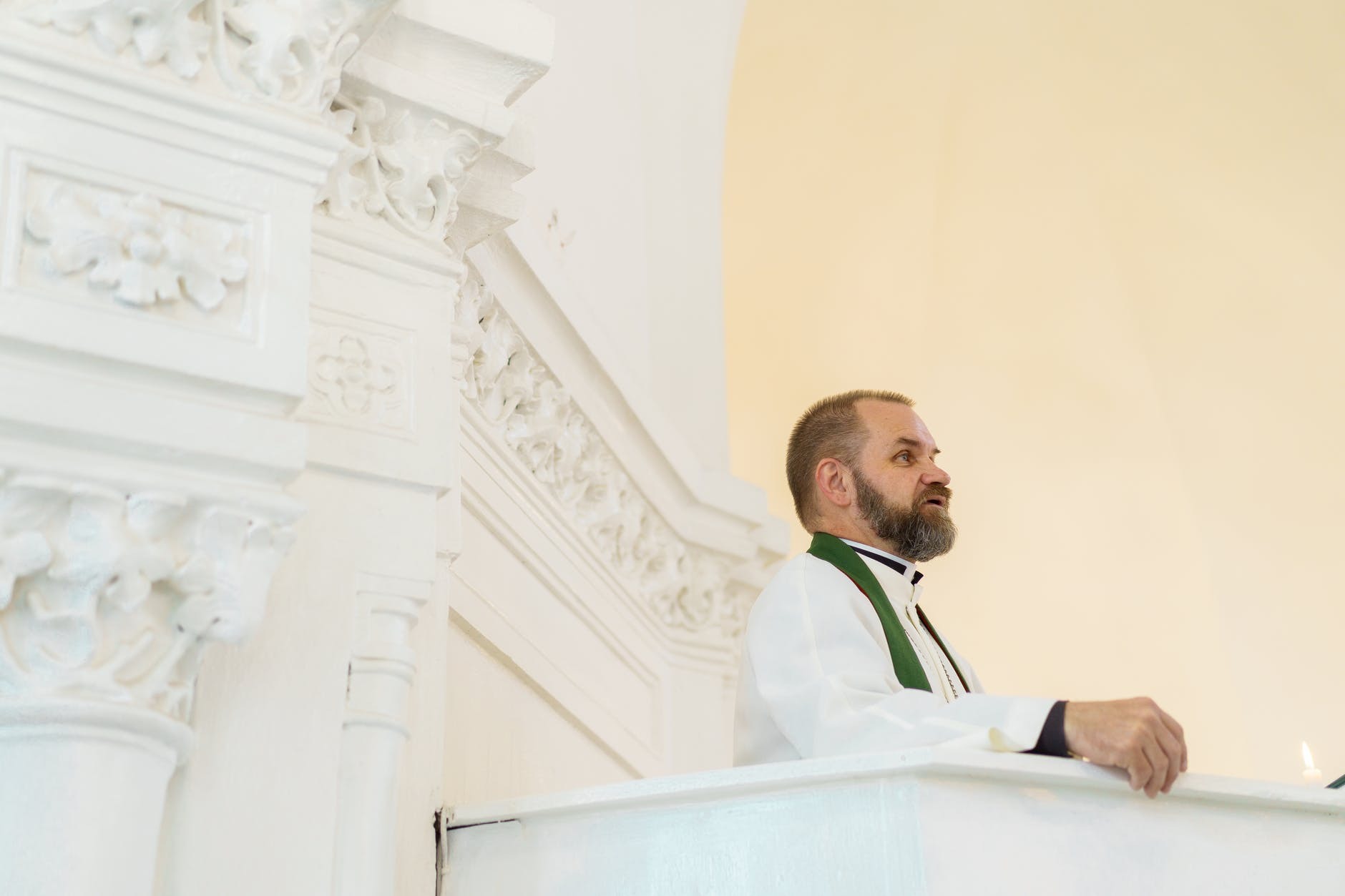 Many Americans can quote these solemn words by heart... But they don't actually come from the Bible...
Many Americans can quote these solemn words by heart... But they don't actually come from the Bible...
You may be familiar with this prayer. It is no wonder that it resonates with so many, with a message both empowering and serene.
God, grant me the serenity to accept the things I cannot change, courage to change the things I can, and wisdom to know the difference.
It has become a powerful and liberating statement for Alcoholics Anonymous and many similar groups, which is how it came to be known as the Serenity Prayer. However, it didn't come from some ancient text, proverb, or the Bible.
Theologian Reinhold Niebuhr, a German American, created it in the early 1930s. Had these words been his entire legacy, it would be a worthwhile legacy. But Niebuhr's musings didn't stop there.
Niebuhr contributed so much more than those few lines. Looking into the works of Niebuhr, I only recently discovered so many powerful ideas that trace back to him.
While he was a religious thinker, he was also a strong believer in pro-American and pro-democracy ideals and wrote about those at length. Former President Barack Obama and Sen. John McCain admired him. Obama often quoted him in his campaign and presidential speeches.
Niebuhr had such strong beliefs and respect for the American style of government. He added a perspective of these ideals into a practical view of reality. A few of my favorite Niebuhr sayings include:
- "Democracy is finding proximate solutions to insoluble problems."
- "Man's capacity for justice makes democracy possible, but man's inclination to injustice makes democracy necessary."
- "Frantic orthodoxy is not rooted in faith, but in doubt."
 Niebuhr's work can inform everyday decision-making...
Niebuhr's work can inform everyday decision-making...
At this point, you might wonder what this has to do with finance. Along with religious and political thinking, Reinhold Niebuhr's also discussed critical thinking and decision-making.
We discussed in April that it is often true that those who are loudest are the least informed. John Stuart Mill would have agreed with Niebuhr when he said, "The loudest voice is often the weakest."
It's a strong concept, particularly when viewed against some of the loudest voices of recent memory.
Taking all this as a whole, investors who make their decisions in line with Niebuhr's musings would likely be smarter, more emotionally aware, and ultimately more successful investors.
His ideas can help investors understand the frailty of being overfocused on orthodoxy instead of the strength in accepting doubt in a thesis. Critical thinkers and successful investors should always seek disconfirming evidence before embarking on a particular path.
Getting too focused on finding the exact or perfect answer to an investment problem is a sure-fire way to get bogged down...
You need to be comfortable finding the "good enough" in dealing with a range of probabilities, never expecting an exact forecast or perfect understanding.
Experienced investors, whether they're managing their own personal wealth or professionally managing billions of investors' dollars, will find consistency between successful investing logic and the Serenity Prayer. For investors, it means those who try to "fight the tape" and remain dogmatic in the face of changing data, always, eventually, lose.
Bill Ackman of Pershing Square Capital Management bought into Valeant Pharmaceuticals International for $180 per share right before news blew over of fraud against the name. Instead of exiting the position, Ackman doubled down before retreating in 2017, a move that cost his firm more than $3 billion.
Turbulent times are not uncommon for the stock market or long-term, savvy investors. Stocks are currently moving due to excessive external factors – ranging from the coronavirus delta and lambda variants to political jockeying around wealth-changing tax policies.
Peter Lynch, who actively managed Fidelity Investment's well-known Magellan fund for years, had a famous "buy what you know" principle, encouraging investors to invest in companies they know something about. So, part of acceptance is understanding your limitations.
Moreover, learning to navigate the waters versus fighting them can make all the difference between successful and losing investment decisions.
Regards,
Joel Litman
August 20, 2021



 Many Americans can quote these solemn words by heart... But they don't actually come from the Bible...
Many Americans can quote these solemn words by heart... But they don't actually come from the Bible...

